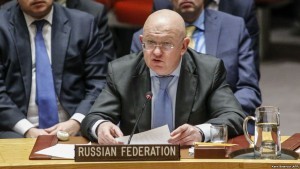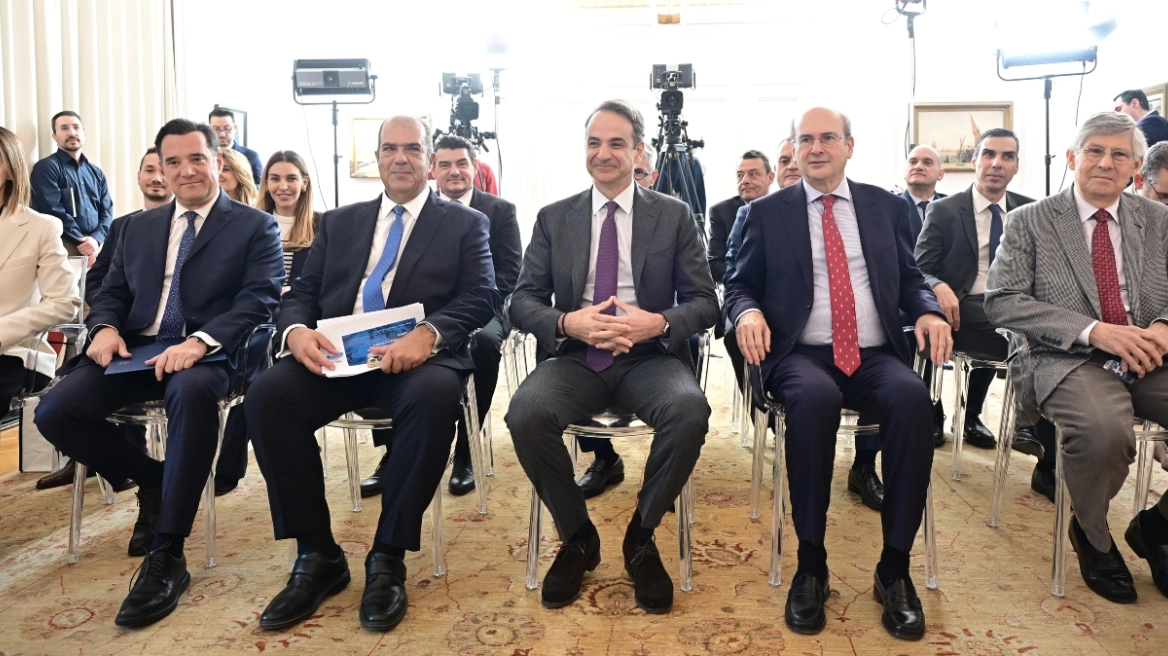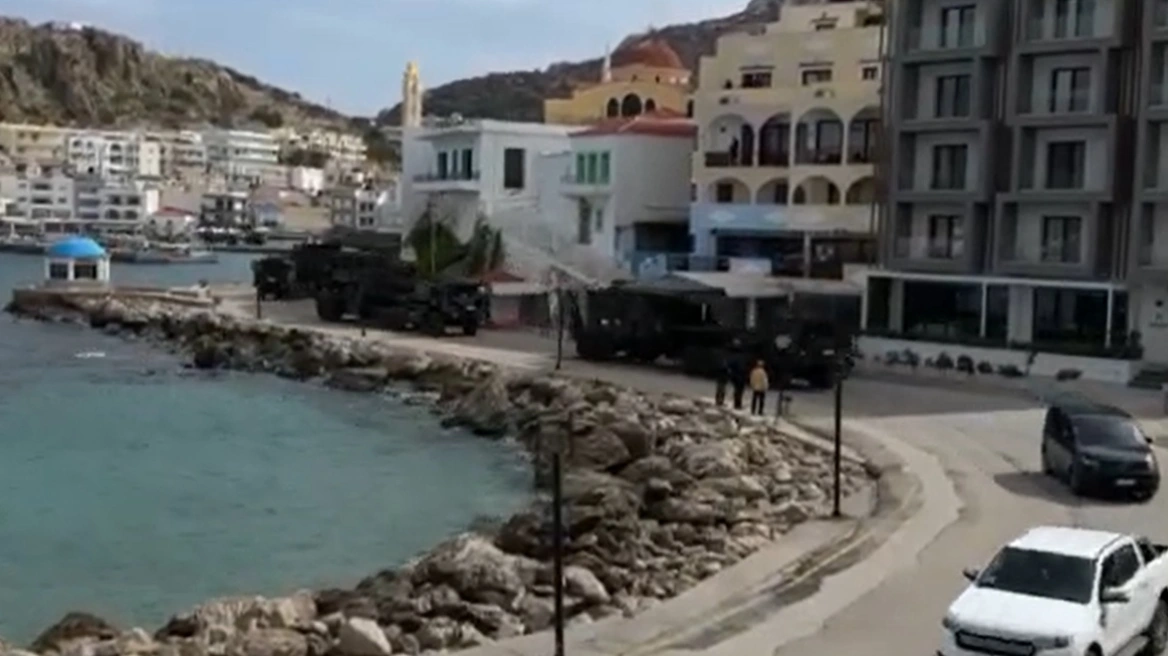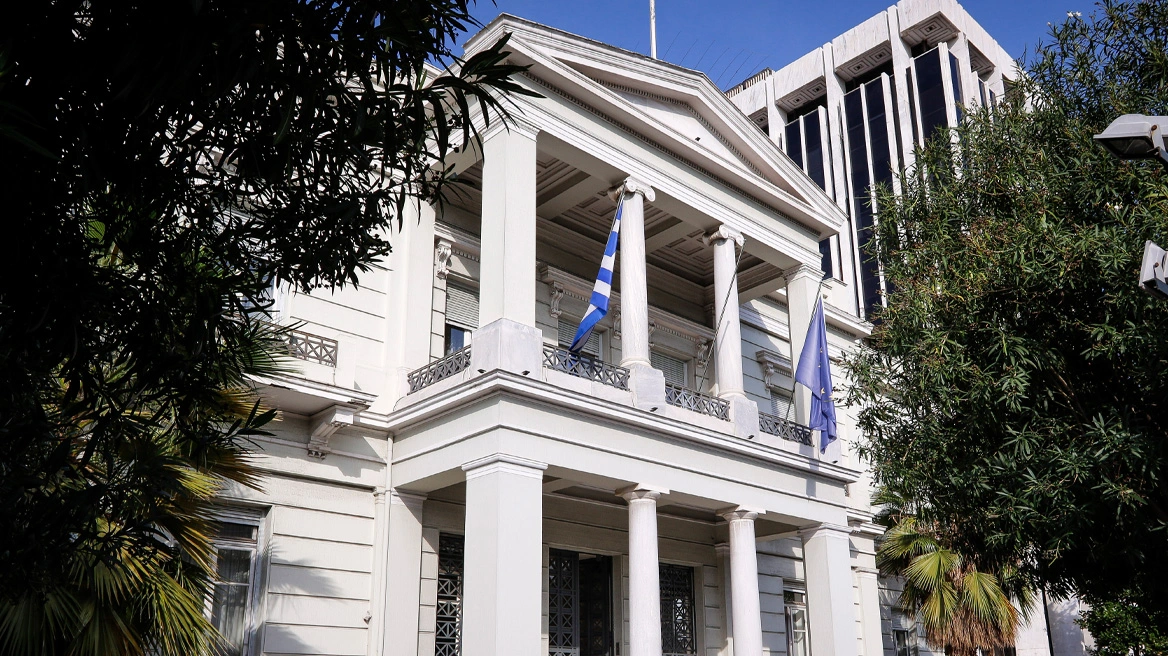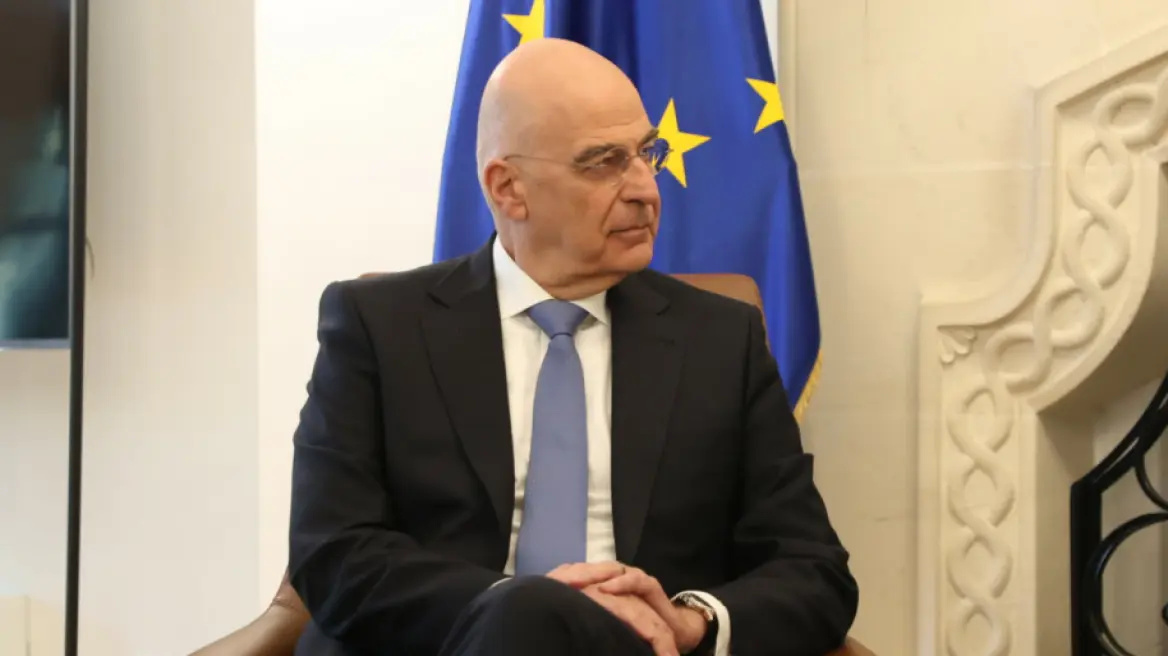As the U.S. continues threatening military action against Damascus, Syria’s key ally, Russia, voiced concerns that the standoff might spill over into a wider Russian-American war.
“We cannot exclude any possibilities, unfortunately,” Vasily Nebenzya, Russian ambassador to the U.N., said when asked about the odds of a war between the U.S. and Russia, state news agency Itar-Tass reported.
The Kremlin stressed that the safety of its personnel in Syria was paramount, though Nebenzya issued no specific threat of retaliation, urging instead that “the immediate priority is to evade the risk of war.”
Speaking to Russian state-news channel Rossiya-24, the diplomat said that keeping communication channels might be the way to avoid a greater altercation. “We are relying on the levelheadedness not only of American politicians but of the American military, who understand perfectly the danger of a clash between two superpowers. This danger exists—that much is obvious. I hope, and I would like to believe, that we are farther rather than closer [to war], but we do not know this.”
U.S. President Donald Trump personally vowed to punish Syrian President Bashar al-Assad for an alleged chemical attack on April 7 against a Syrian town held by anti-regime rebels. Video footage purporting to show victims of the attack was shared by rescue workers in Syria, and at least 40 people were reported killed. The U.S. and Russian delegations to the U.N. tabled clashing proposals this week on how to determine who was to blame for the deaths. The U.S. proposal, opposed only by Russia and Bolivia in the U.N. Security Council, called for a completely independent body to investigate and make the decision. Russia’s proposal, which also failed to gather unanimous approval, wanted to give the often deadlocked Security Council final say over who to blame for the attack.
The U.S. administration had already carried out a bombing of Syrian military assets following a similar incident last year. Russia strongly protested the attack on its military ally on whose bases it has deployed military advisers and troops. Ultimately, Russia did not offer a military response, but persistently derided the United States’ intervention in Syria.
Part of the uncertainty around Russia’s response stems from the lack of clarity around what its military could actually do to deflect an attack on the Syrian military. Alexander Zasypkin, Russia’s ambassador to Lebanon, said last week that “if there is a strike by the Americans, then…the missiles will be downed and even the sources from which the missiles were fired,” according to Reuters.
Only two bases in Syria boast Russia’s most cutting-edge anti-air-defense system, the S-400; the Syrian military uses more dated models. Both bases are run by the Russian rather than Syrian military forces, the latter of which are more likely to be targeted by another U.S. strike. As Trump’s threats on Twitter seem to suggest, the U.S. military would likely once again use cruise missiles. The Russian military has not clarified if it chose not to utilize the system or if the S-400 simply could not lock onto the U.S. cruise missiles in real time.
Air defenses generally are only 30 percent effective, according to Philip Coyle, a former weapons-tester for the Pentagon, who told The Daily Beast that cruise missiles are particularly good at outfoxing such systems as they fly below the radar.
Russia has largely dismissed the need to punish Assad for the alleged chemical attack, siding with the regime’s explanation that likely no attack took place and that the evidence was fabricated.
Source: newsweek
Ask me anything
Explore related questions
